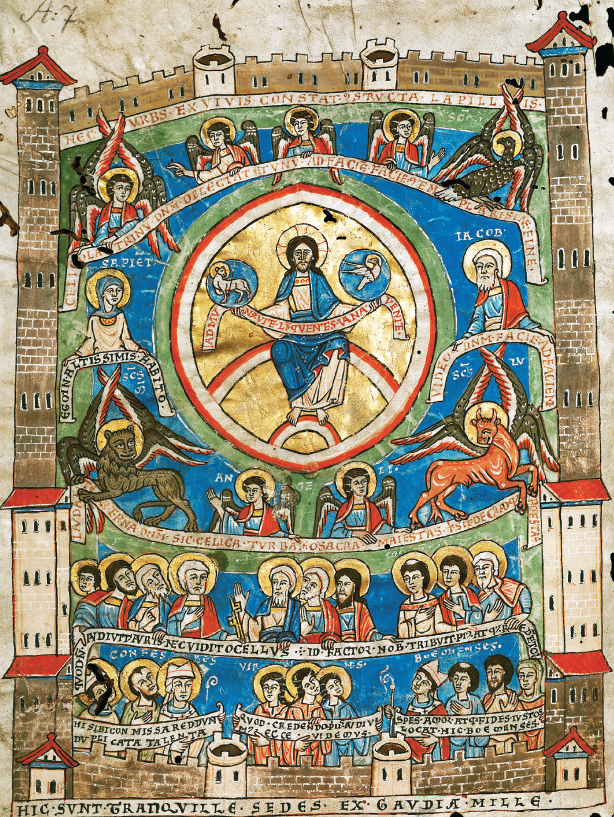Saint Augustine on Human Nature, Will, and Sin
The most influential church father in the West was Saint Augustine of Hippo (354–
Augustine took teaching positions first in Rome and then in Milan, where he had frequent conversations with Bishop Ambrose. Through his discussions with Ambrose and his own reading, Augustine converted to Christianity. He returned to Africa and later became bishop of the seacoast city of Hippo Regius.
Augustine’s autobiography, The Confessions, is a literary masterpiece and one of the most influential books in the history of Europe. Written in the rhetorical style and language of late Roman antiquity, it marks the synthesis of Greco-

Augustine’s ideas on sin, grace, and redemption became the foundation of all subsequent Western Christian theology, Protestant as well as Catholic. He wrote that the basic force in any individual is the will, which he defined as “the power of the soul to hold on to or to obtain an object without constraint.” The end or goal of the will determines the moral character of the individual. When Adam ate the fruit forbidden by God in the Garden of Eden (Genesis 3:6), he committed the “original sin” and corrupted the will. Adam’s sin was not simply his own—
When Visigothic forces captured the city of Rome in 410, horrified pagans blamed the disaster on the Christians. In response, Augustine wrote City of God. This original work contrasts Christianity with the secular society in which it exists. According to Augustine, history reveals that there are two kinds of people: those who live the life of the flesh, and those who live the life of the spirit in what Augustine called the City of God. The former will endure eternal hellfire; the latter will enjoy eternal bliss.
>QUICK REVIEW
How did Greco-